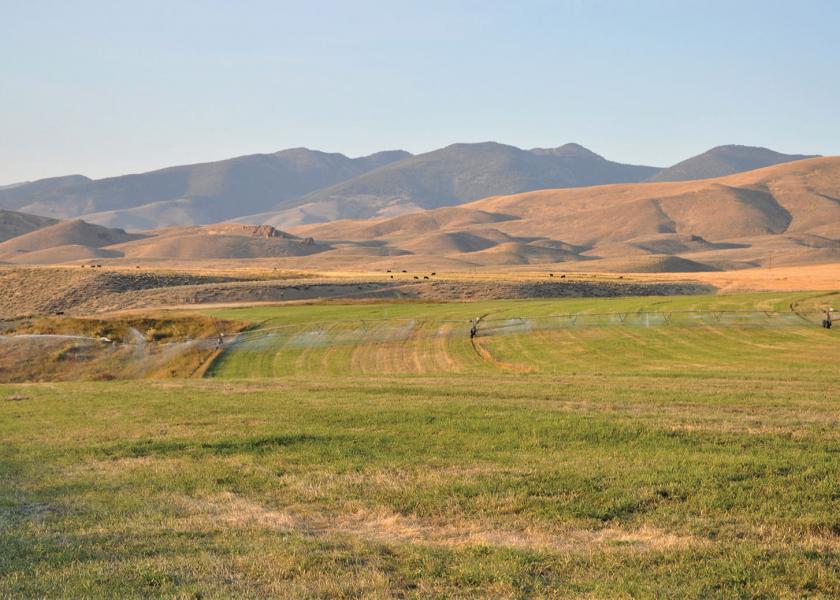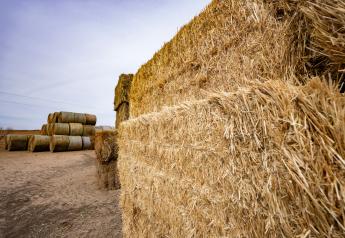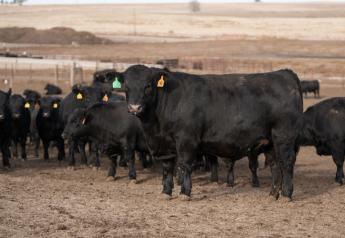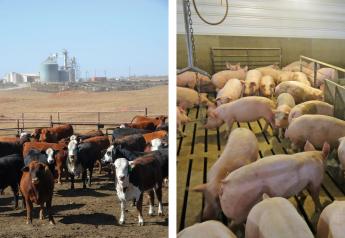White House Drought Relief Working Group to Address Western Water Crisis

The Biden-Harris administration today announced the formation of an Interagency Working Group to address worsening drought conditions in the West and support farmers, Tribes, and communities impacted by ongoing water shortages. The Working Group will be co-chaired by the Departments of the Interior and Agriculture to build upon existing resources to help coordinate across the federal government, working in partnership with state, local, and Tribal governments to address the needs of communities suffering from drought-related impacts.
“Water is a sacred resource. This Interagency Working Group will deliver a much-needed proactive approach to providing drought assistance to U.S. communities, including efforts to build long-term resiliency to water shortages,” said Interior Secretary Deb Haaland. “We are committed to using every resource available to our bureaus to ensure that Tribes, irrigators and the adjoining communities receive adequate assistance and support.”
“In the United States, intense droughts threaten major economic drivers in rural communities such as agriculture and recreation, disrupts food systems and water supplies, endangers public health, jeopardizes the integrity of critical infrastructure, and exacerbates wildfires and floods. With our interagency Working Group, we will collaborate with Tribes, agricultural producers, landowners, and rural communities to build regional resilience to drought,” said Agriculture Secretary Tom Vilsack.
Water allocations are at historic lows, including in areas like the Klamath River Basin and the Colorado River Basin, creating an urgent need to minimize the impacts of the drought and develop a long-term plan to facilitate conservation and economic growth. The Working Group will work to identify immediate financial and technical assistance for impacted irrigators and Tribes.
Development of longer-term measures to respond to climate change and build more resilient communities and protect the natural environment will also be a priority, including through President Biden’s proposed American Jobs Plan and through a recommitment to strengthening the National Drought Resilience Partnership (NDRP). Formed in 2013, the NDRP brings together multiple federal agencies to build long-term drought resilience, including developing innovative science-driven actions to address water supply challenges.







